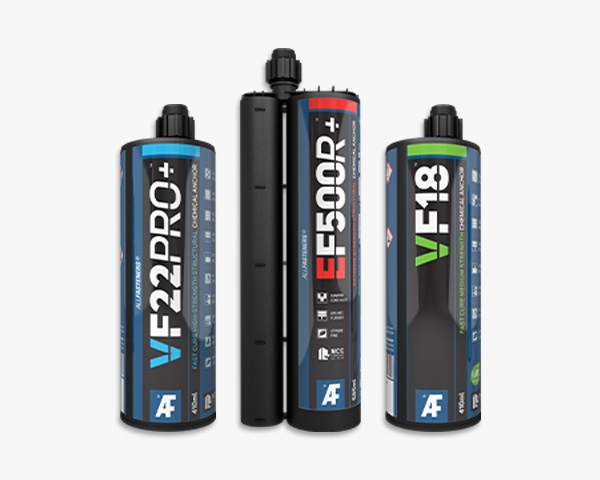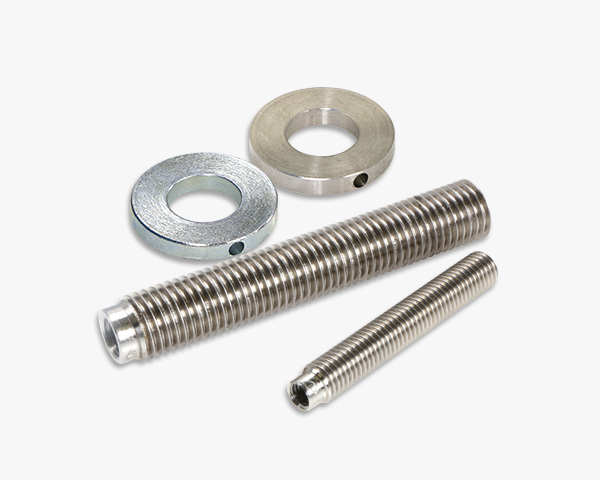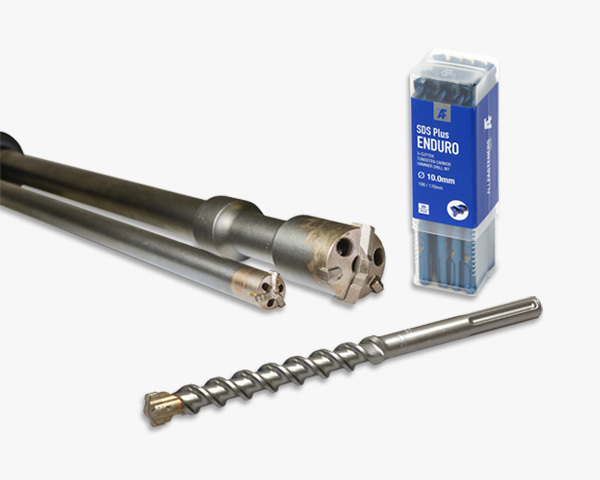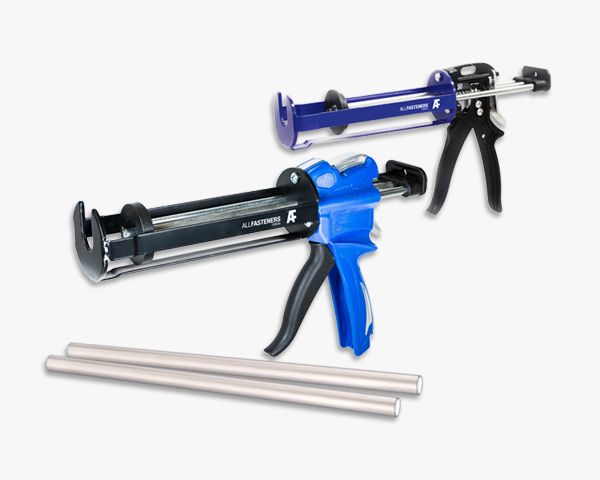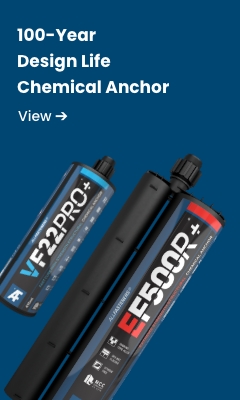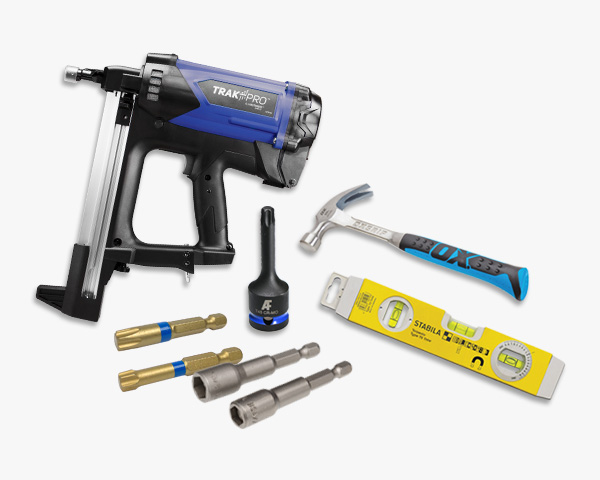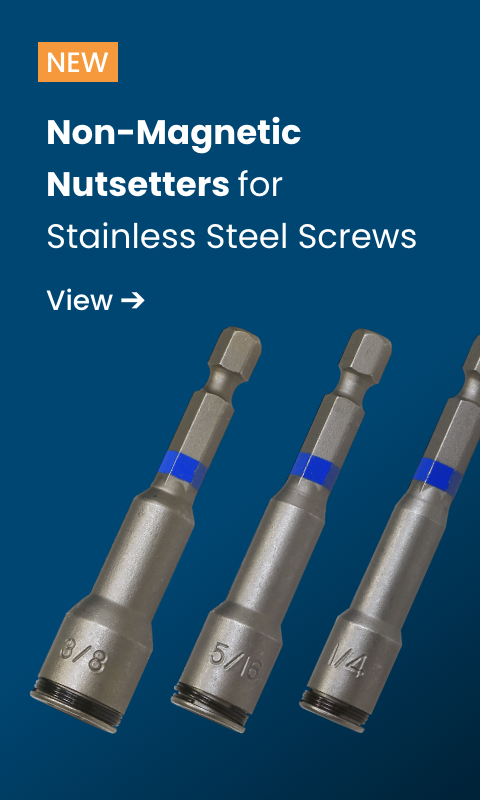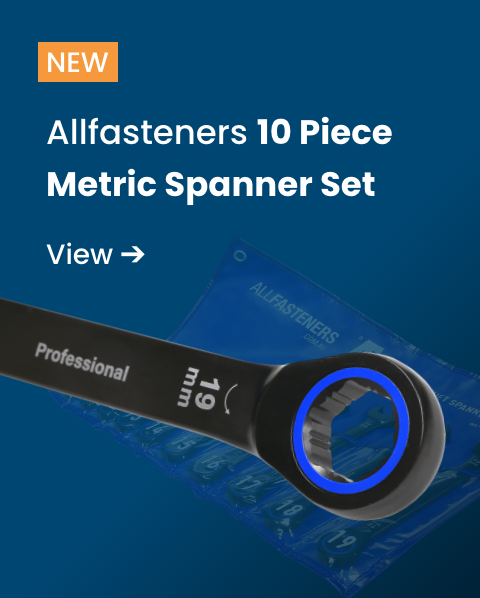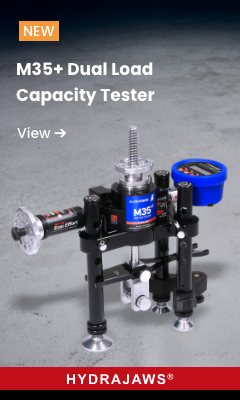Drill Driver Vs Impact Drill: What’s the difference?
You have probably picked one up even way before you started your apprenticeship. The drill driver is so commonplace in the tool shed of any handyman – professional or not, if you don’t have one at home, do yourself a favour and get one. The drill driver says exactly what it does – drills out holes and drives screws.
What about an impact drill? This new tool has made its way onto the trade scene in a big way so much that tool manufacturers often bundle these with your favorite drill driver. Although an impact drill is very similar to the drill driver they both have different strengths and uses. Let’s look at these key differences.

Drill Driver
Uses smooth constant torque towards the surface, that doesn’t increase when the need for more torque is sensed. It’s a general-purpose tool, used by everyone from home users and as a basic tool for tradespeople.
Strengths:
- Works great on jobs that require care and precision for driving screws.
- Use to drill holes in various materials including timber, steel and plastics.
- Hi setting – for drilling
- Lo setting – for driving
- Variable Chuck Setting (numerical) – use to prevent driving screws too deep. The lower the value the smaller the resistance, the drill will stop driving the screw.
- Adjustable chuck – fits various size drills, and driver bits. Also accepts accessories such as rotary sanders and wire-brush wheels.
Weakness:
- Potential to strip screws or cam out heads
- Can stall in material when driving long or large screws
- Constant downward force applied by the user can cause user strain or fatigue
- Bits can become loose in the chuck
Impact Drill
An impact drill uses lateral percussion (from the side, in a circular motion). Once the drill senses that torque is needed, the drill uses impact to twist the screw into the surface. In short, an impact drill is used for driving screws and bolts that require a higher torque.
Strengths:
- Uses impact to twist screws into extremely dense material when resistance is felt.
- Reduces user fatigue as it does all the work.
- Ideal for driving coach screws and longer bugle batten screws with little effort.
- Typically not used for drilling holes – however suitable for boring holes with a spade bit.
- Quick Release Collar – accepts 1/4inch hex shanks to quickly interchange between longer bits and bit holders.
Weakness:
- Too rough for delicate and precise fixings.
- Makes a lot of noise.
- Only accepts hex shank bits.
- More expensive than a drill driver.
Looking for a drill or driver combo kits?
Allfasteners' is not just the leader in fixings and fasteners we also provide great advice on selecting the right power tools for the job. Get in contact with us now for All Things Fixings....and power tools.





